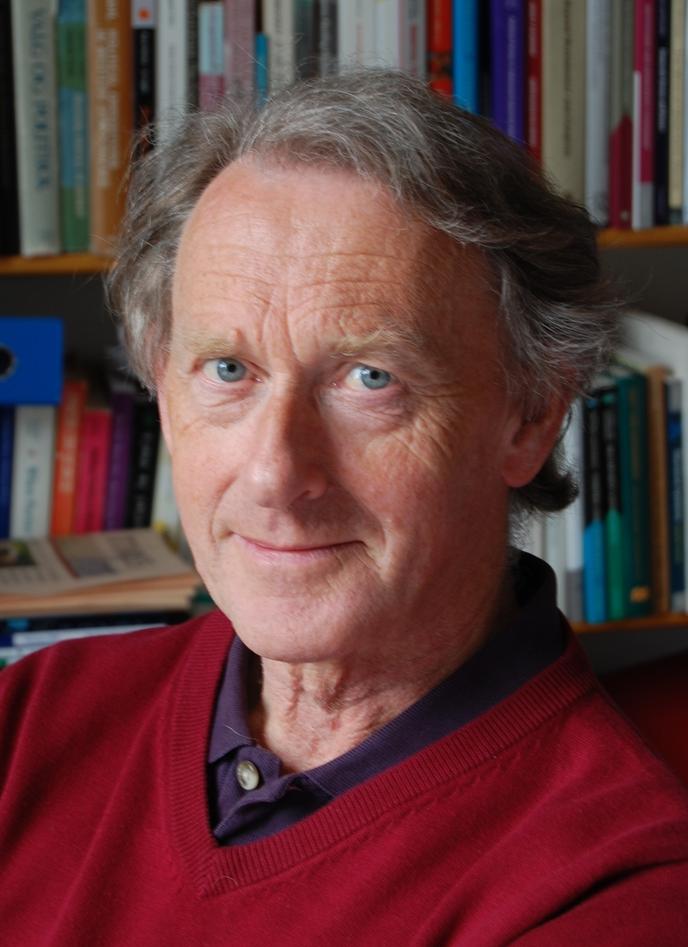New Article by Svåsand: the Negative Systemic Effects of Flawed Party Regulation in Malawi
Professor Lars Svåsand finds in a new article that flawed party regulation has contributed to a deinstitutionalization of the Malawian party system. The article is published in International Political Science Review.

Hovedinnhold
Party Politics in Malawi
In the article Regulation of political parties and party functions in Malawi: Incentive structures and the selective application of the rules, Professor Lars Svåsand of the Department of Comparative Politics outlines some of the most important constitutional and legal regulation of political parties in Malawi, as well as how some functions of political parties are impacted by institutions empowered to make decisions binding for the political parties. The article is published in International Political Science Review 2014.
The party system in Malawi has been characterized by instability and fragmentation since the reintroduction of multiparty democracy in 1993. Svåsand shows that in part this instability is rooted in the legal framework regulating political parties as organizations and the functions that parties perform in a democracy.
The Negative Systemic Effects of Flawed Party Regulation
Svåsand shows that the regulation of party functions such as candidate nomination, campaigning and representation in parliament interacts with the structure of the political system, leading to party system instability. For example, the failure of many parties to develop and implement standardized procedures for nominating candidates, and the ease with which candidates can register (before the increase in the registration fees in 2009), have probably contributed to an increased number of independents as well as the formation of new parties.
In addition, the effect of regulation of political parties and their activities is strongly influenced by ‘selective’ application of the formal regulations. Formal rules meant to strengthen political parties have therefore not functioned as intended.
